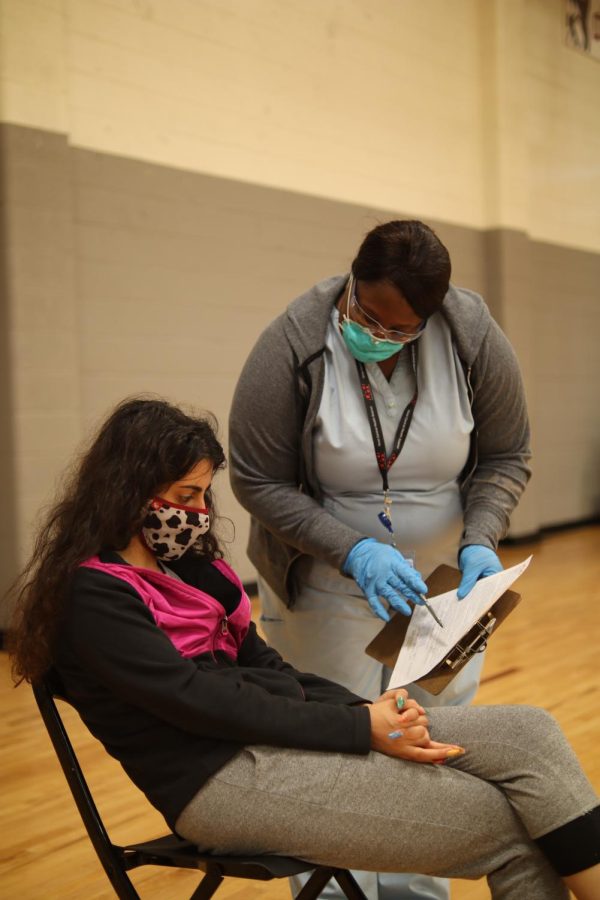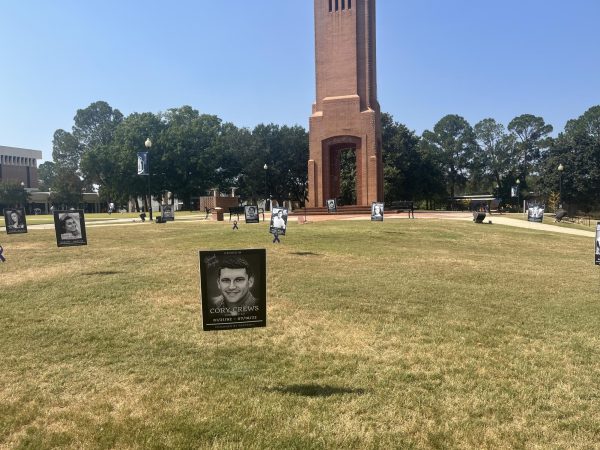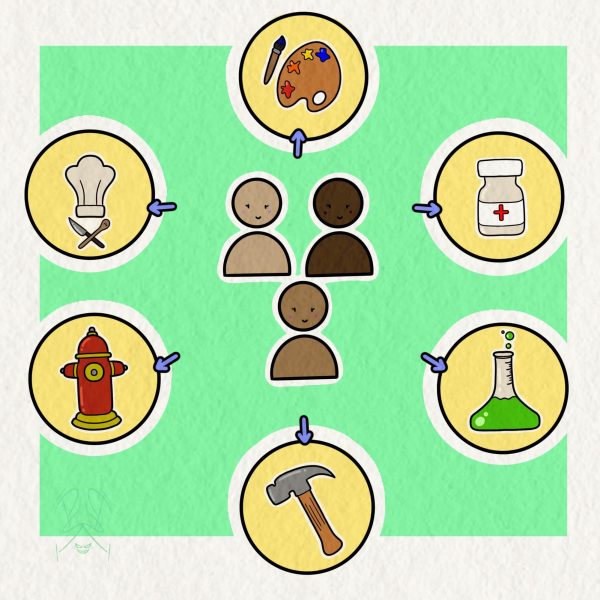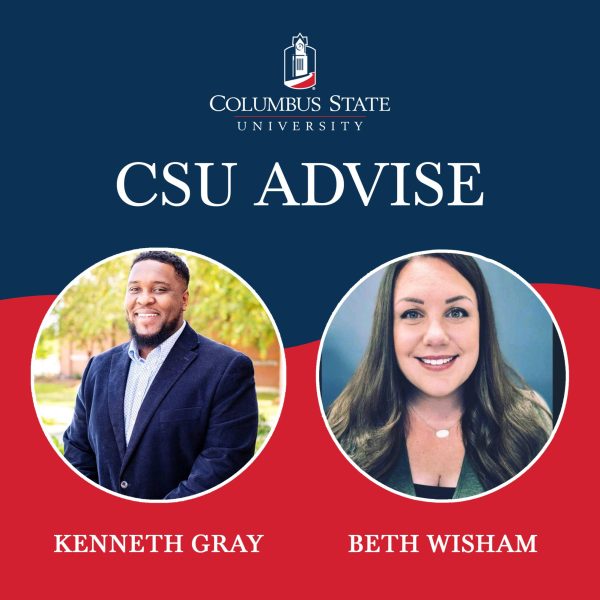Booster Shots: What Are They, and How Can I Get One?
The benefits of Booster Shots and why it is recommended to get one
Students attending CSU on-campus vaccination clinic
COVID-19 cases have risen and fallen over the past year and a half. New cases and the Delta variant have seemed relentless in their spread. The statistics organization, Our World in Data, reports that there have been over 446 million doses of the COVID vaccine given in the United States, with 194 million of those being the second dose. Estimates based on these numbers show that about 59% of the American population is fully vaccinated.
Our World in Data also reports that there have been over 12 million doses of the vaccine given in Georgia alone, 5.22 million of those being the second dose needed to be fully vaccinated. This means the population of Georgia is about 49.1% fully vaccinated.
Based on this data, we have seen a large incline in vaccinations and fully vaccinated rates. However, many individuals working on the frontline within hospitals, elderly homes, and caregiving centers have been given a booster shot to add toward the effectiveness against the coronavirus and its variants.
Recent news reports from The New York Times, NPR, and MSNBC have reported the booster shot is being made available to more people as it is rolling out to several cities across the U.S. Though it is not required, the booster shot is now being made available for the public. But what is a booster shot? How can it help against COVID-19 and its variants? How and where do I get one?
What is a Booster Shot?
According to the OSF Healthcare website, a booster shot “refers to an extra dose of a vaccine after the original dose is administered.” In essence, it is an additional dosage that allows your immune system to more easily combat COVID-19.
Booster shots for vaccines are not a new concept either. OSF Healthcare states, “most adults have a memory of having to get a booster for a childhood disease, such as measles, whooping cough or meningitis. Or for a disease like tetanus, where booster shots are recommended every 10 years as the original immunity wanes.”
How Do Booster Shots Help?
The CDC reports, “data from small clinical trials show that a Pfizer-BioNTech or Moderna booster shot increased the immune response in trial participants. … A similar clinical trial showed that a J&J/Janssen booster shot also increased the immune response in participants. … With an increased immune response, people should have improved protection against COVID-19, including the Delta variant.”
How and Where Do I Get a Booster Shot?
As eligibility for the booster shot expands, the availability for it increases. If eligible for a booster shot, scheduling an appointment at your local Walgreens or CVS, if available there, is only a couple of clicks or a phone call away. Booster shot appointments can also be made for veterans through the Department of Veterans Affairs website or by phone. If eligible and available, you may be able to contact your healthcare provider to schedule an appointment for receiving the booster shot as well.

Jonathan Stringfellow is an English Literature Major at Columbus State University and aims to be and English Literature Professor. He writes short stories...

Vinh is a junior Art major. He became the photographer of The Uproar in his first semester at CSU. He enjoys photography and painting. His goal is...













